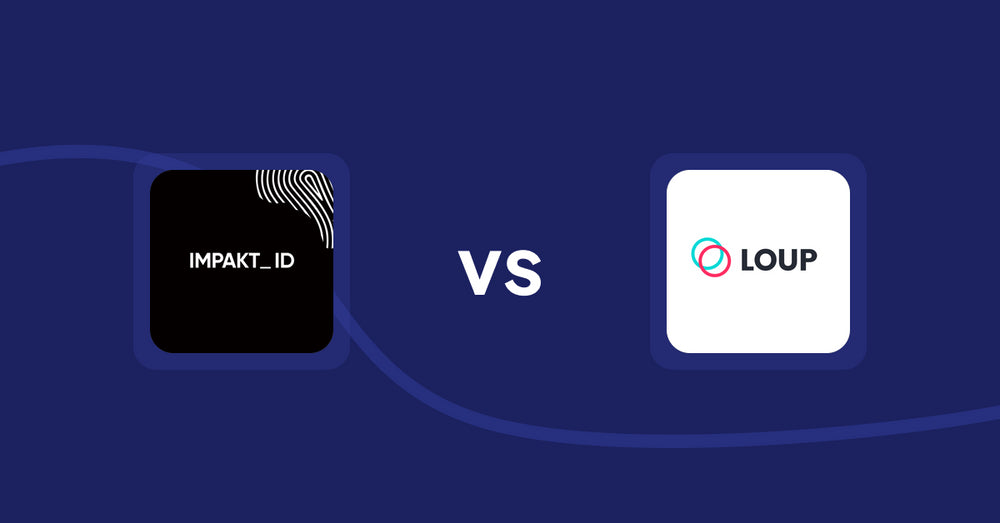Shopify Product Display Apps: AR Space Designer vs DIY Quantity Calculator
Table of Contents
- Introduction
- How Does AR Space Designer Work?
- How Does DIY Quantity Calculator Work?
- How Much Does AR Space Designer Cost?
- How Much Does DIY Quantity Calculator Cost?
- Cost Analysis: AR Space Designer vs. DIY Quantity Calculator
- User Reviews & Customer Support Insights
- Integration and Compatibility Comparison
- Conclusion
Introduction
In the competitive landscape of e-commerce, the way products are displayed can significantly influence customer purchasing decisions. Research indicates that well-designed product displays can increase conversion rates by up to 30%, underscoring the importance of using the right tools for showcasing products effectively. Product display apps play a vital role in enhancing shopping experiences and boosting sales figures through engaging visuals and interactive features.
Two noteworthy contenders in this space are AR Space Designer and DIY Quantity Calculator. While both provide functionality to enhance product presentation, their capabilities differ markedly. AR Space Designer specializes in turning product images into hyper-realistic 3D models and utilizing augmented reality (AR) to help customers visualize products in their environment. On the other hand, DIY Quantity Calculator focuses on determining the quantity of products needed for purchases based on customer input, which is particularly useful for merchants dealing with volume-based sales.
Let’s explore these applications further to understand their functionalities and how they can enhance the product display experience for a broad audience.
How Does AR Space Designer Work?
AR Space Designer is an advanced tool that utilizes AI technology to transform standard product images into realistic 3D models. It offers merchants an extensive array of features designed to enhance product display dynamics.
Key Features of AR Space Designer
-
3D Visualization: The app converts product images to 3D models, allowing customers to rotate and view items from different angles. This feature is particularly appealing to startups and small businesses looking to stand out in a crowded marketplace. By offering 3D visuals, they invite potential buyers to interact with products proactively.
-
Augmented Reality Experience: Customers can view products in their surroundings through AR without needing additional apps. This convenience is a game changer for larger enterprises looking to offer a seamless buying experience; customers can assess how items fit into their environments before making a purchase.
-
Enterprise-Grade Cloud Portal: This functionality facilitates the management and publishing of 3D assets in an organized manner. It benefits businesses of all sizes as they scale their operations, providing essential tools for managing a large inventory.
-
Shopify Theme Integration: AR Space Designer integrates smoothly with Shopify Theme Editor, allowing for quick setups and adjustments. This feature is advantageous for businesses transitioning or upgrading their online shops.
These features not only enrich user engagement but also provide businesses with an edge in customer trust and sales conversion. Imagine a furniture store where customers can virtually place a couch in their living room, helping them visualize scale, color, and style before purchasing. This interactive experience can significantly enhance their confidence in buying decisions.
How Does DIY Quantity Calculator Work?
DIY Quantity Calculator is designed to assist customers in calculating the precise amount of product they need based on their specific project requirements. It simplifies the purchasing process for items that require quantifying based on area or volume, making it particularly beneficial for merchants selling bulk merchandise.
Key Features of DIY Quantity Calculator
-
Coverage Calculation: The calculator aids users in determining how much product is necessary based on the area or cubic volume of their projects. This feature is central for businesses within the building materials or home improvement sectors, where understanding exact quantities is crucial.
-
Customization Options: Merchants can easily customize the appearance of the calculator on their product pages which aids in brand consistency. This adaptability is valuable for small to medium enterprises looking to create a cohesive online shopping experience.
-
Order Quantity Flexibility: It allows businesses to set minimum and maximum order quantities, catering to various customer needs while helping manage stock levels.
-
Support for Various Units of Measure: The DIY Quantity Calculator supports all units of measure, which is important for a diverse clientele with different preferences and requirements.
While the DIY Quantity Calculator offers significant advantages in ensuring customers purchase the right amount of products, it lacks the immersive and engaging features that AR Space Designer provides. This can be a limitation for businesses aiming for a more interactive product engagement approach.
How Much Does AR Space Designer Cost?
Investing in the right tools is vital for maximizing returns in product display. AR Space Designer has an attractive pricing structure, particularly for new businesses and startups looking for cost-effective solutions.
-
Plan Name: Free to install
- Price: Free to install, $250 for 50 products (includes 3D creation).
- Features: Provides the core functionalities including 3D model creation and AR capabilities.
- Limitations: Additional costs apply for products beyond the initial 50.
- Target Audience: Startups and small businesses can benefit greatly as they can start with zero initial costs.
- Additional Costs: Custom pricing is available for larger product inventories.
This plan emphasizes affordability without sacrificing quality and functionality, making it perfect for businesses eager to experiment with enhanced product displays.
“It is important to note that you can always reach out to our team and we can create a custom pricing plan to suit your needs and your budget. Schedule a call via this link and we’ll come up with the best solution for you and your business.”
How Much Does DIY Quantity Calculator Cost?
Cost-effectiveness is an important factor for any merchant considering product display solutions. DIY Quantity Calculator offers a modest pricing structure:
-
Plan Name: Basic Plan
- Price: $5/month or $50/year (saving 17%).
- Features: Includes coverage area calculations and unit support.
- Limitations: The features may not sufficiently support merchants with complex needs or larger inventories.
- Target Audience: Small businesses that require straightforward calculation tools for bulk purchases.
- Additional Costs: None mentioned, making it a straightforward financial commitment.
While the DIY Quantity Calculator is an attractive option for basic needs, it lacks the advanced visual capabilities found in AR Space Designer, likely limiting its appeal to those seeking a richer product display experience.
Cost Analysis: AR Space Designer vs. DIY Quantity Calculator
When comparing the costs of AR Space Designer and DIY Quantity Calculator, AR Space Designer presents a superior value proposition. The initial free-to-install model plus comprehensive features even at low price points provides significant return on investment (ROI) opportunities for merchants focused on product engagement and customer satisfaction.
Promotional offers or discounted rates are often available, making AR Space Designer a compelling choice regardless of the business size, while the DIY Quantity Calculator appeals mainly to businesses with less complex needs and could be seen as a limited solution for those willing to invest more for a complete display experience.
User Reviews & Customer Support Insights
Is AR Space Designer Good?
With a remarkable 5-star rating out of 64 reviews, AR Space Designer is highly praised for its intuitive interface and transformative features. Users appreciate how AR capabilities enhance their online sales and customer interactions. The presumed high level of customer support further solidifies its reputation as a valuable tool for Shopify merchants.
Is DIY Quantity Calculator Good?
Though the DIY Quantity Calculator holds a perfect 5-star rating from a single review, it’s crucial to consider the limited feedback sample. Users likely value its straightforward functionality and easy setup, which meets the needs of specific niche markets. However, the features may not resonate with broader audiences, thus limiting its appeal.
Customer support remains a critical factor, especially for businesses exploring these tools for the first time. Reliable and accessible customer service often sways ratings and user satisfaction, making it essential for both apps.
User Preference: AR Space Designer or DIY Quantity Calculator?
Based on the average ratings, AR Space Designer clearly emerges as the more favored app, owing to its extensive features and broad applicability across various markets. The enthusiasm for AR capabilities suggests that many merchants prioritize engaging product displays to enhance customer experiences. AR Space Designer's versatility and immersive aspects provide clear advantages over the more basic functionality of DIY Quantity Calculator.
Integration and Compatibility Comparison
AR Space Designer Integrations
AR Space Designer excels with its compatibility, allowing seamless integration with the Shopify ecosystem. This creates a cohesive user experience and enhances overall operational efficiency for businesses using Shopify as their primary e-commerce platform.
DIY Quantity Calculator Integrations
Currently, DIY Quantity Calculator lacks extensive integrations, making it less adaptable in a dynamic e-commerce environment. This limitation would hinder its usage by businesses looking to connect various tools to optimize their operations.
Conclusion
Both AR Space Designer and DIY Quantity Calculator offer valuable solutions tailored to improve product display experiences. However, AR Space Designer stands out with its innovative AI-driven features, integration capabilities, and flexibility, making it a more robust and engaging option for merchants. The abundance of positive user feedback bolsters its credibility, proving that it can effectively enhance online shopping interactions.
While DIY Quantity Calculator meets niche needs with its basic functionality, its limitations may deter businesses seeking comprehensive product display solutions. In conclusion, for those looking to elevate their e-commerce presence, AR Space Designer presents itself as the superior choice.
Still Searching for the Perfect Customization Solution?
Stop searching and start thriving with Accentuate Custom Fields! This powerful metafield management app supercharges Shopify’s native features, giving you the tools to create a truly personalized customer experience.
Why Choose Accentuate Custom Fields?
- Advanced Customization: Unlimited field definitions, logical grouping, and custom layouts make your store one-of-a-kind.
- Enhanced Editor Experience: Effortlessly edit variant metafields, use advanced HTML and markdown editors, and sync field definitions between stores.
- Flexible Management: Import/export capabilities, automatic tagging, and comprehensive support for Metaobjects and versioning.
- 24/7 Support: If you have any questions or need assistance, our team is available around the clock to help with any custom modifications to suit your store.
Join over 12,000 merchants, including top Shopify Plus stores, who trust Accentuate for their customization needs. With a stellar 4.9-star rating, Accentuate is the go-to tool for advanced CMS needs, offering unmatched flexibility and control over your store’s content. Elevate your Shopify store with high-quality content that boosts customer experiences and conversions. Tell your story, showcase your products, and create an engaging customer journey with ease.
Experience the Accentuate difference and watch your Shopify store thrive!
Accentuate vs Competition
Explore how Accentuate Custom Fields stands out. Whether you’re aiming to customise your storefront, streamline operations or improve content management, see how we compare against the competition
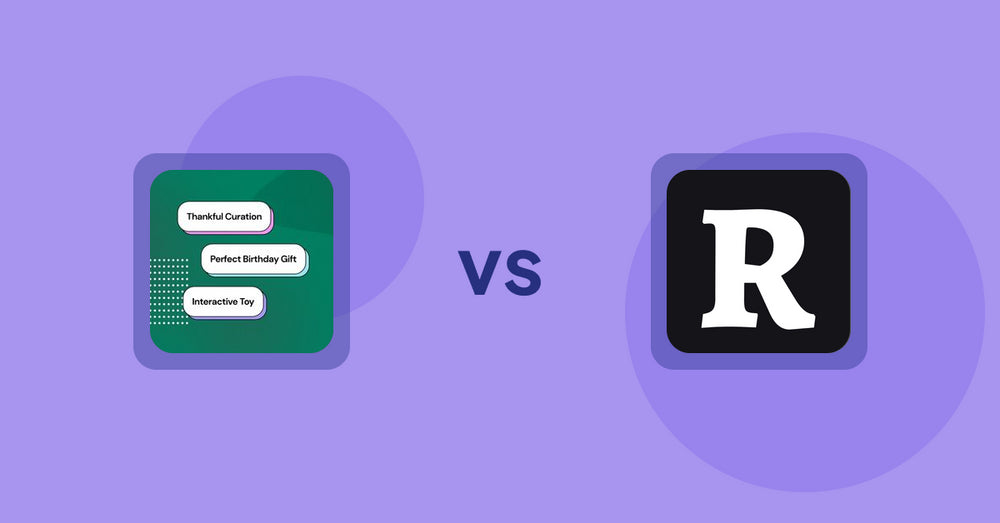
Shopify Product Display Apps: FeatureFrame ‑ Pretty Product vs. AI SEO: Top Product Features
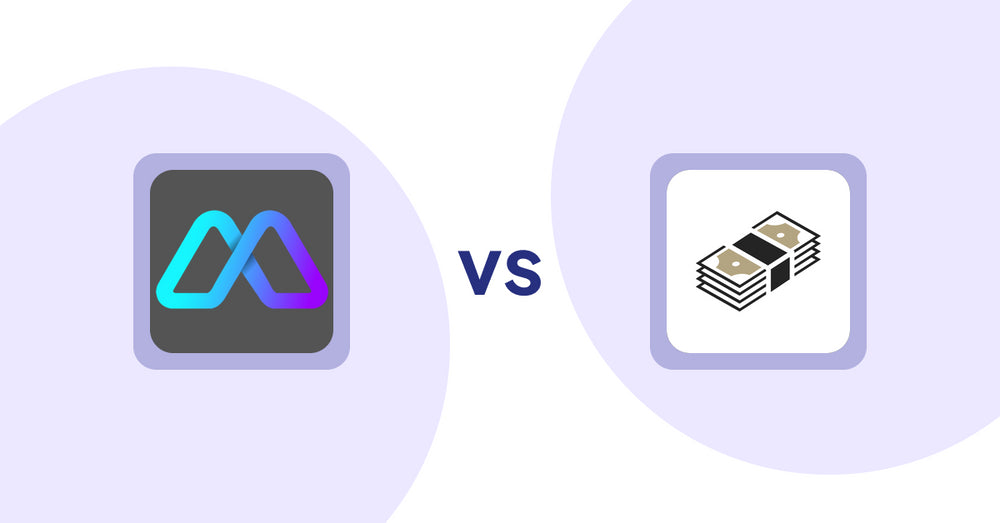
Shopify Product Display Apps: Metadrob: Create Virtual Store vs シンプルクラウドファンディング|お手軽自社クラファン
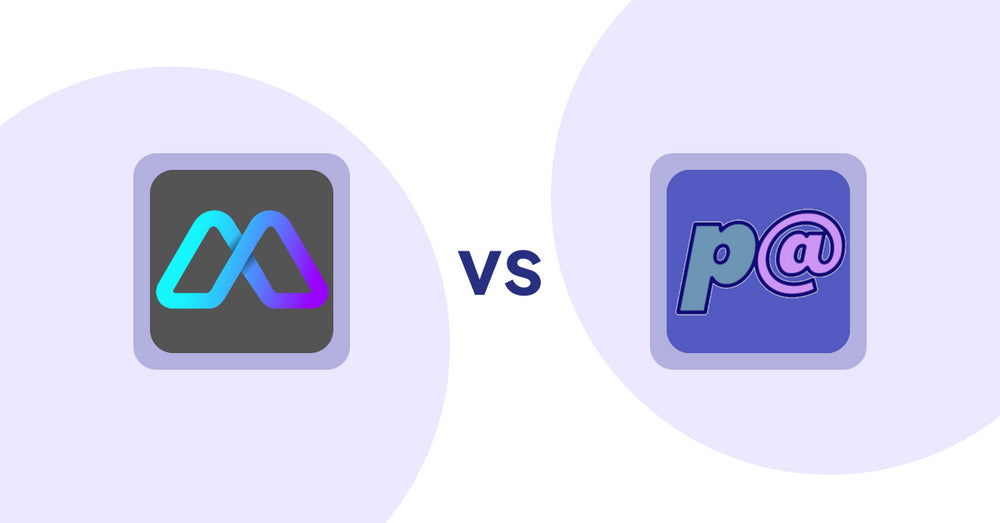
Shopify Product Display Apps: Metadrob: Create Virtual Store vs Parameterizer
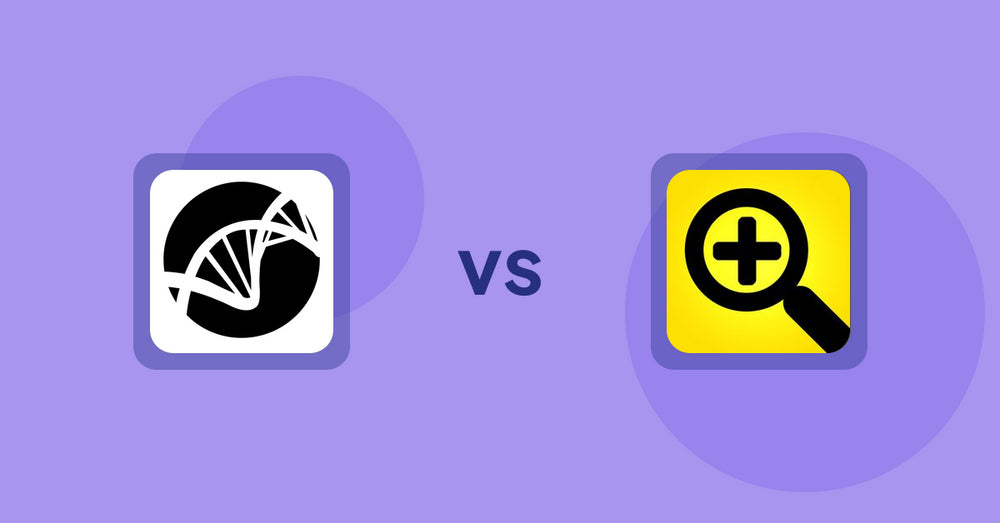
Shopify Product Display Apps: Bike Matrix vs. Fast View: Fastest Quick View
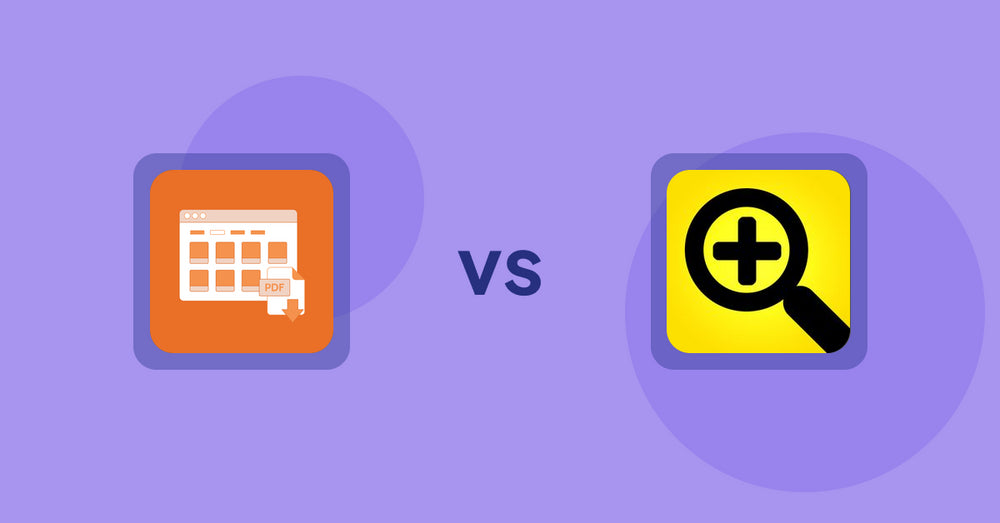
Shopify Product Display Apps: Meetanshi PDF Product Catalog vs Fast View: Fastest Quick View
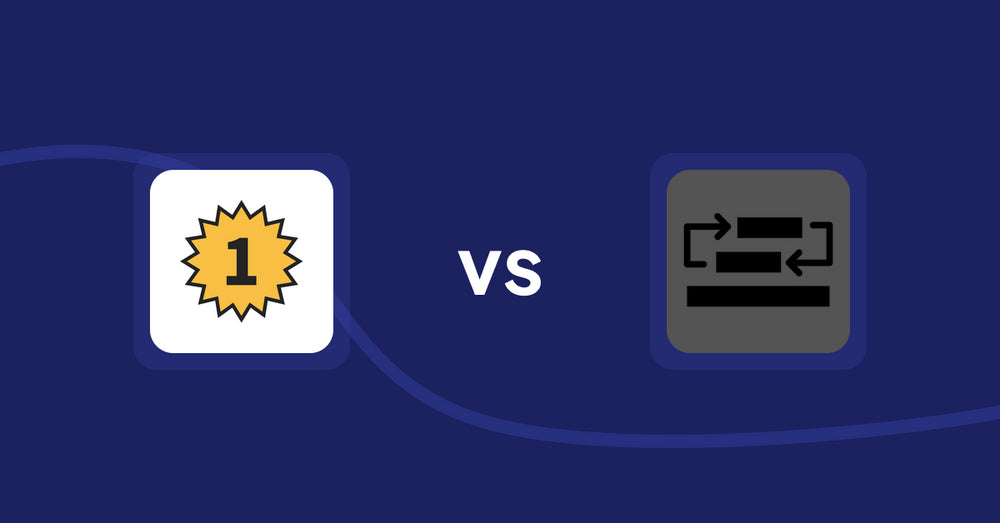
Shopify Product Display Apps: UR: Smart Ranking vs Sortyfi Collection Merchandise
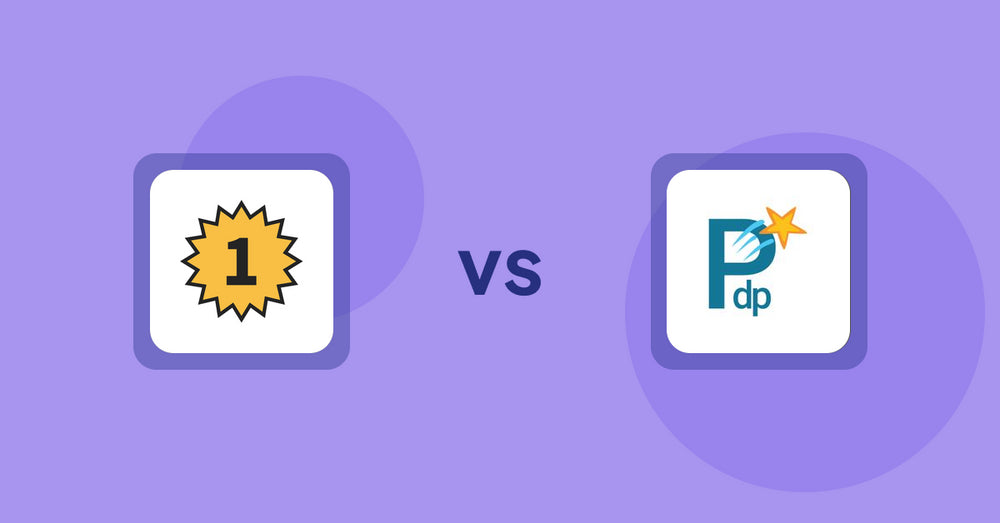
Shopify Product Display Apps: UR: Smart Ranking vs PDP Star

Shopify Product Display Apps: Menulog vs Reelify ‑ Shoppable Reel Video

Shopify Product Display Apps: H3 Estimated Delivery vs Findify Search & Merchandise
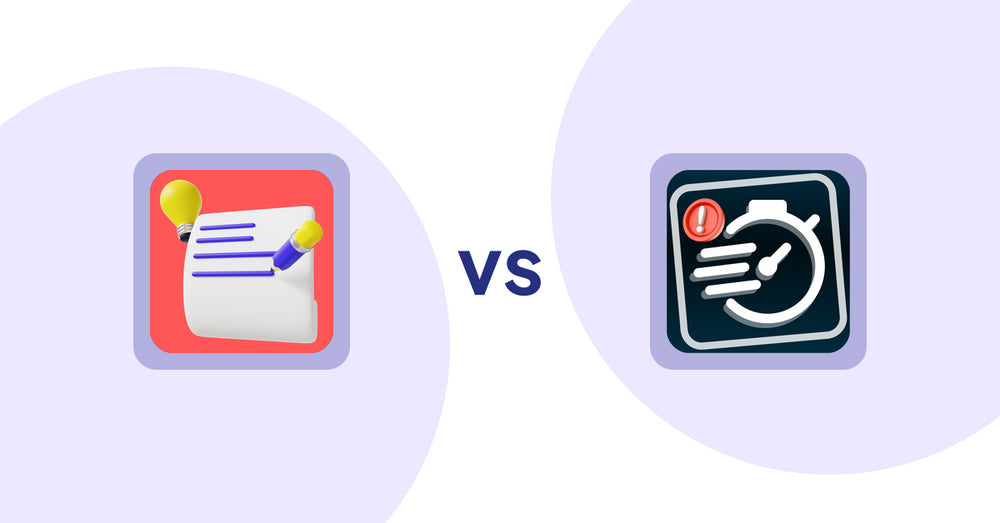
Shopify Product Display Apps: Wordo ‑ ChatGPT AI Description vs Urgency! Low Stock Counter
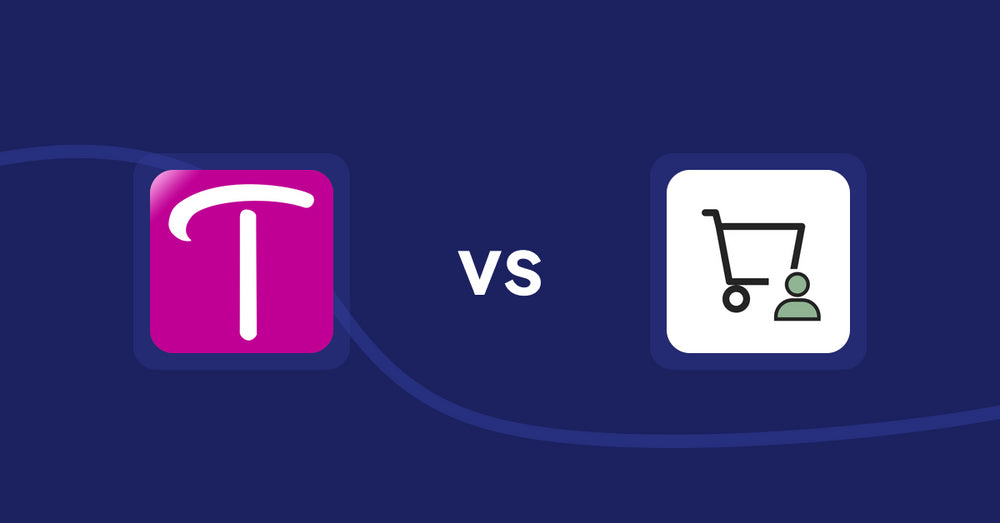
Shopify Product Display Apps: WS Transparency vs シンプル会員注文割引|お手軽ログインセール設定
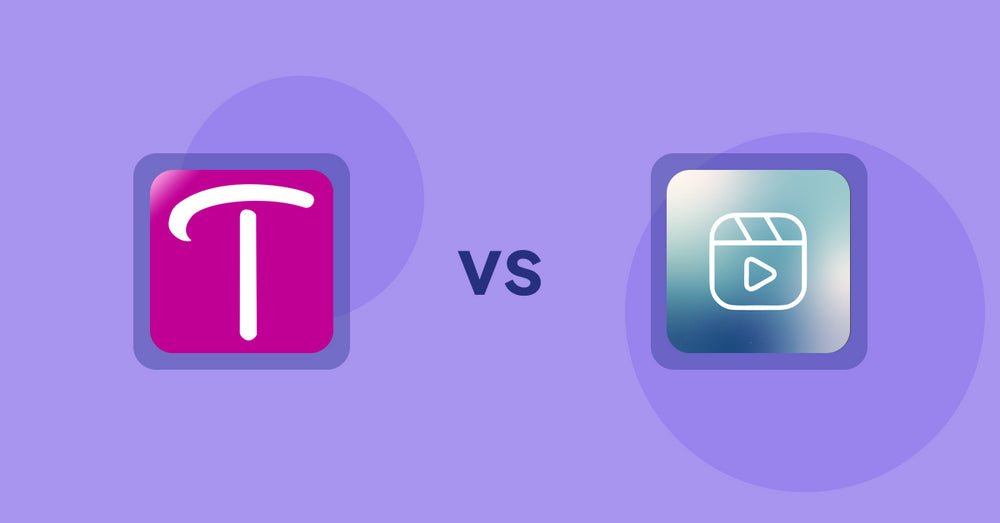
Shopify Product Display Apps: WS Transparency vs Reelify ‑ Shoppable Reel Video
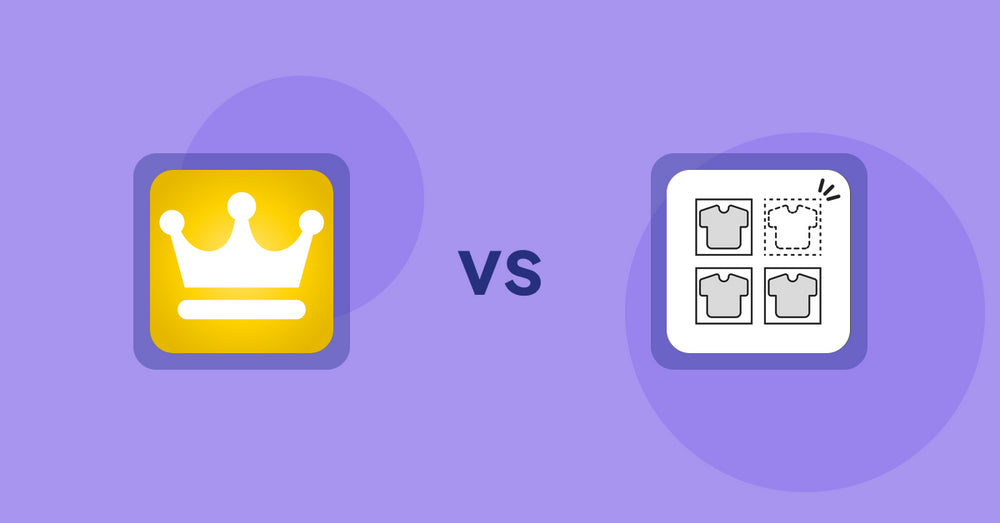
Shopify Product Display Apps: Awesome Ranking vs シンプル売り切れ非表示|在庫切れ商品の表示変更
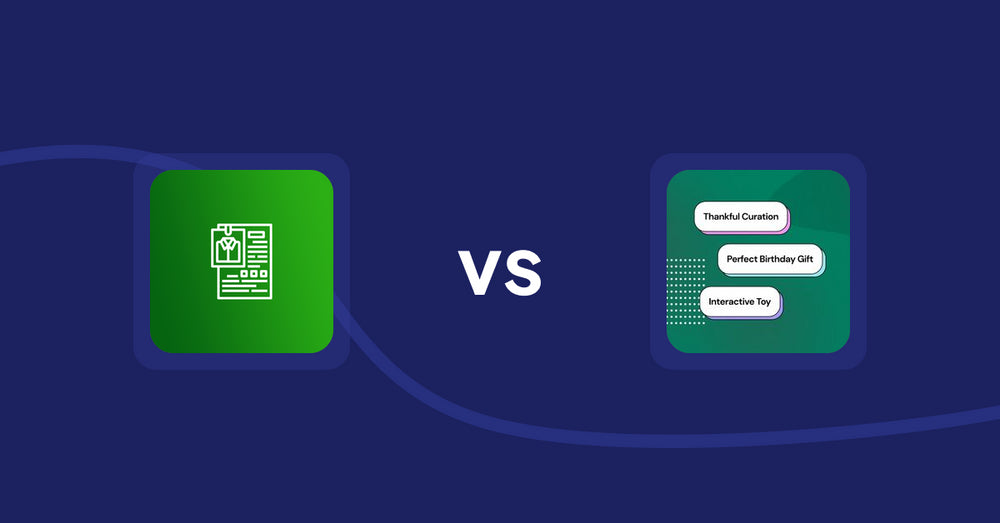
Shopify Product Display Apps: OC Product Size Chart vs FeatureFrame ‑ Pretty Product
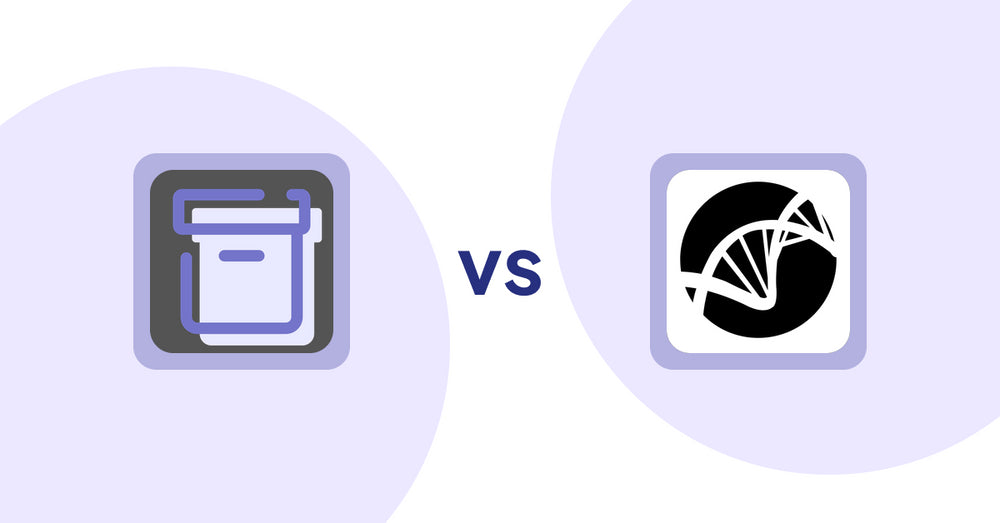
Shopify Product Display Apps: Shelfify vs Bike Matrix
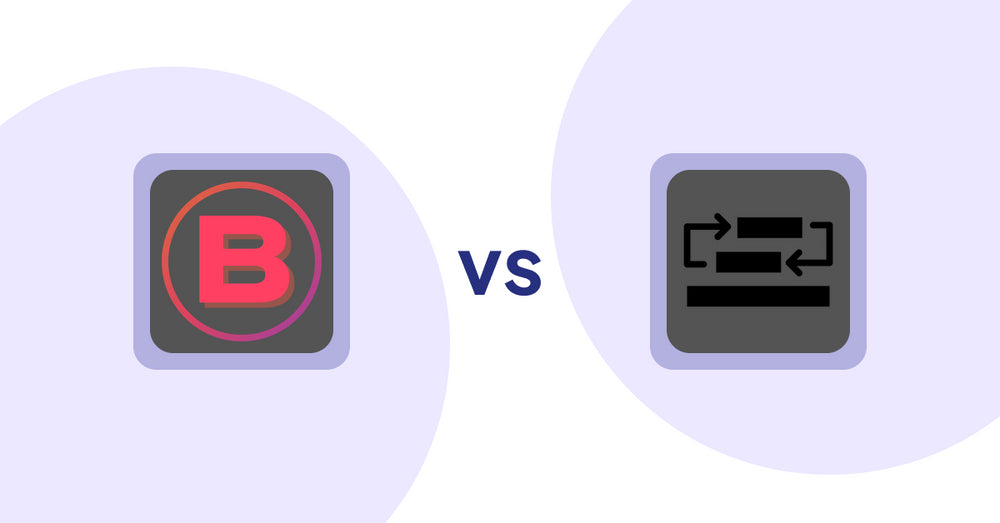
Shopify Product Display Apps: Banter Stories vs Sortyfi Collection Merchandise
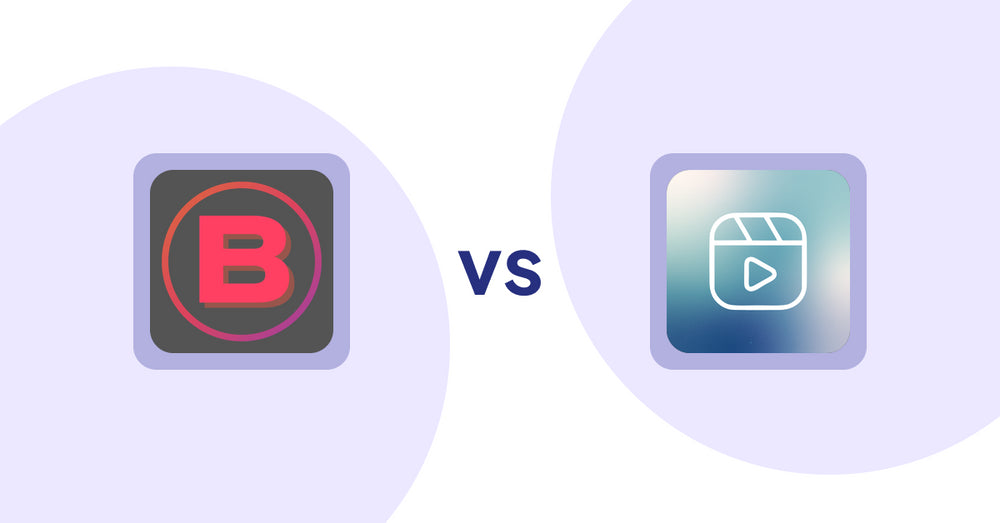
Shopify Product Display Apps: Banter Stories vs. Reelify ‑ Shoppable Reel Video
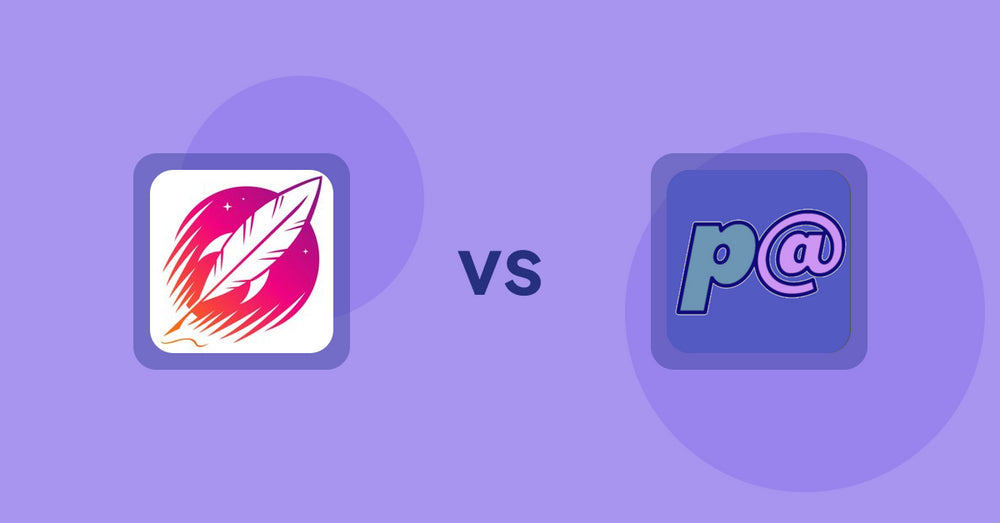
Shopify Product Display Apps: Wordsmith: Content Generator vs Parameterizer

Shopify Product Display Apps: Wordsmith: Content Generator vs Reelify ‑ Shoppable Reel Video
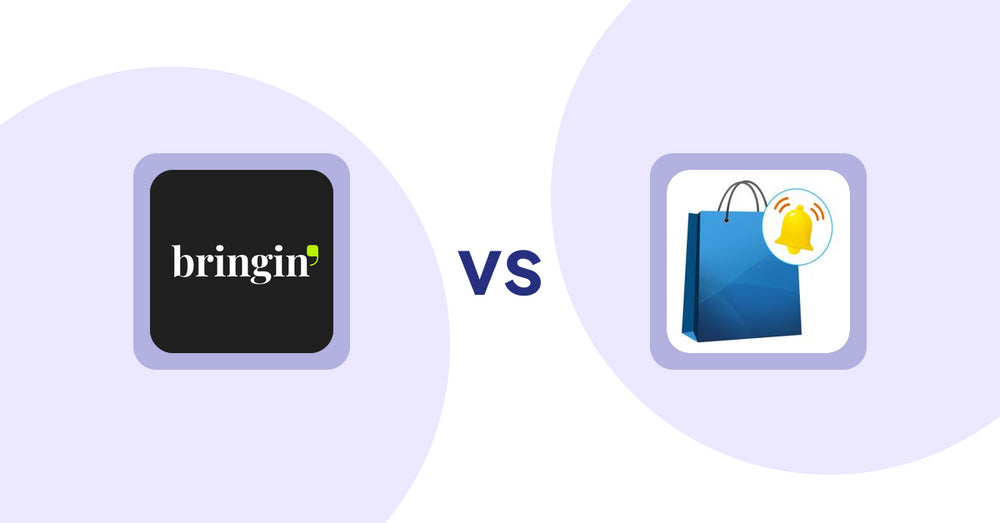
Shopify Product Display Apps: Bringin vs CartBar ‑ Product Purchase Bar
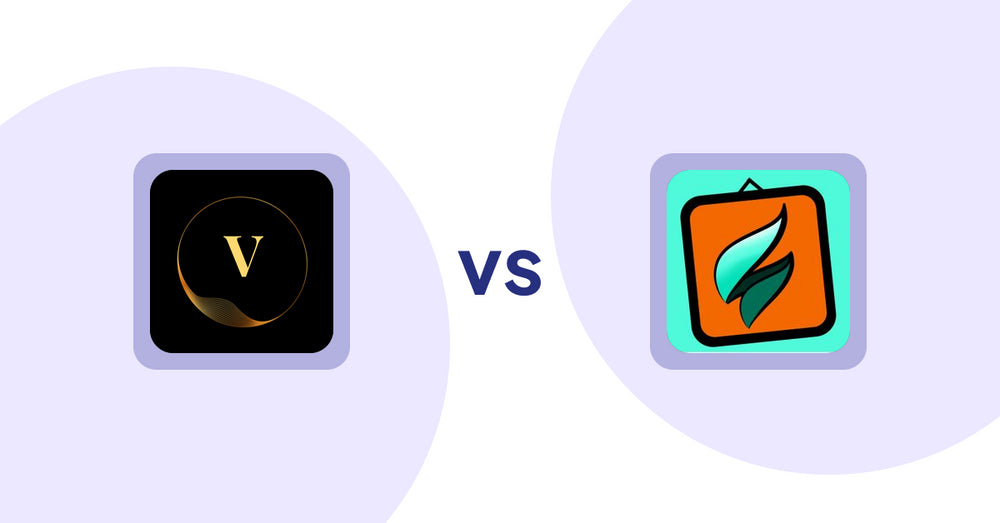
Shopify Product Display Apps: ProductTube vs SMART ‑ Art Product Builder
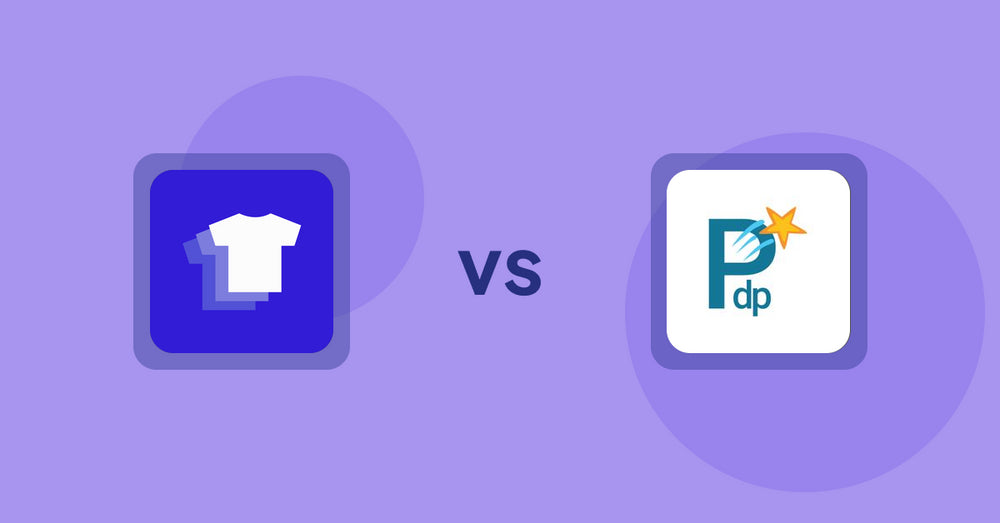
Shopify Product Display Apps: Xpander vs PDP Star
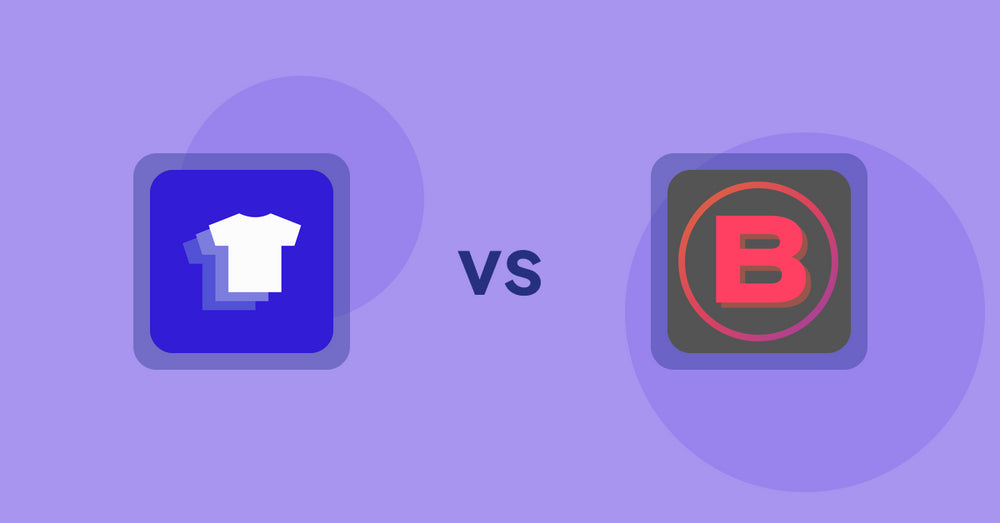
Shopify Product Display Apps: Xpander vs Banter Stories
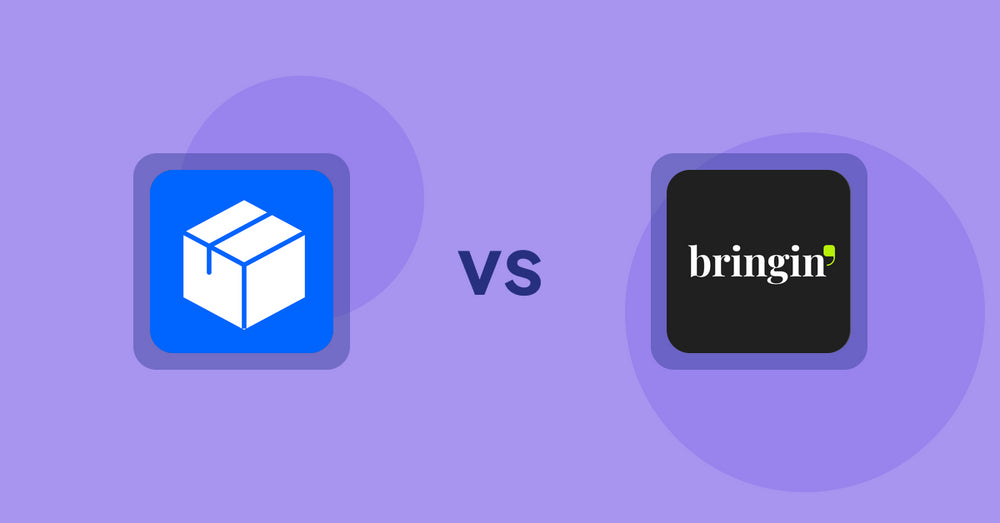
Shopify Product Display Apps: Wonderful Widgets vs Bringin
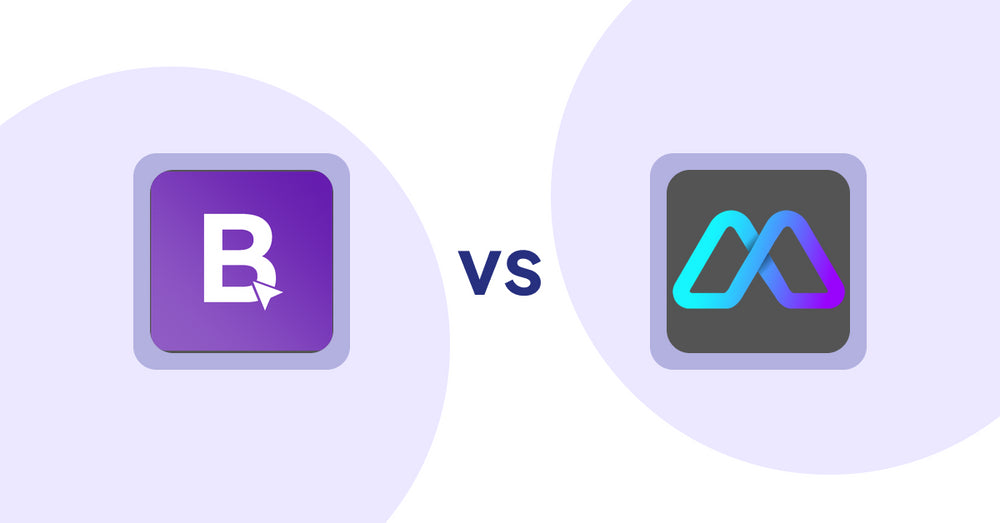
Shopify Product Display Apps: BookE - Rent Property & Service vs Metadrob: Create Virtual Store
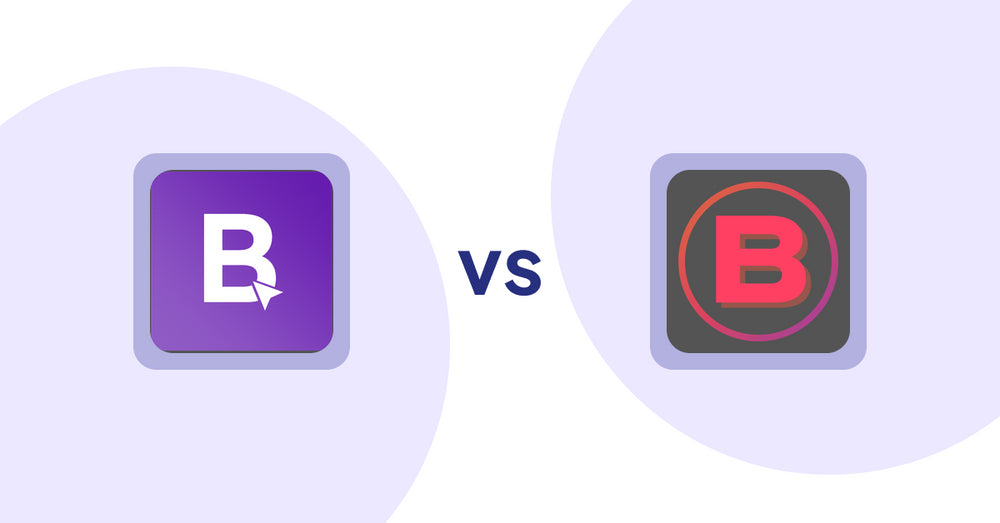
Shopify Product Display Apps: BookE ‑Rent Property & Service vs. Banter Stories
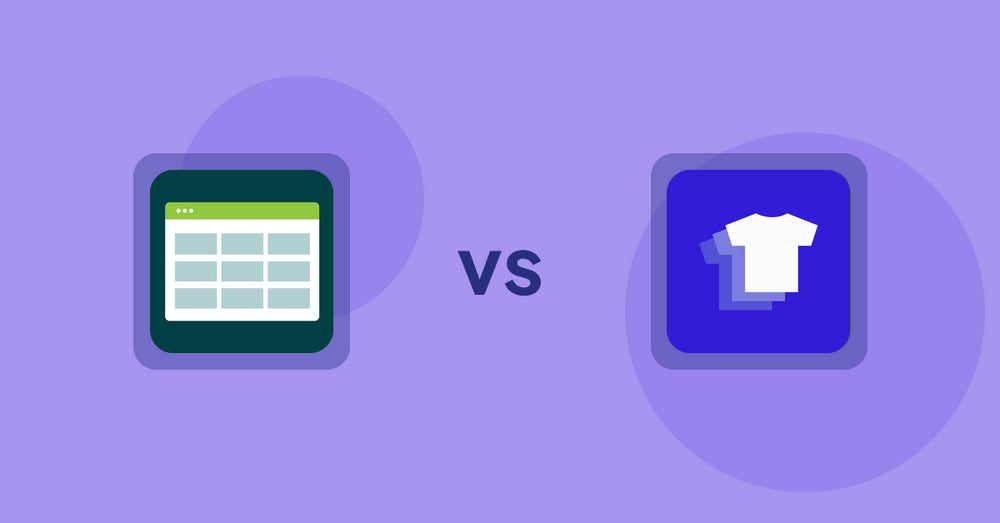
Shopify Product Display Apps: Product Table vs. Xpander

Shopify Product Display Apps: Selling Fast vs CartBar ‑ Product Purchase Bar
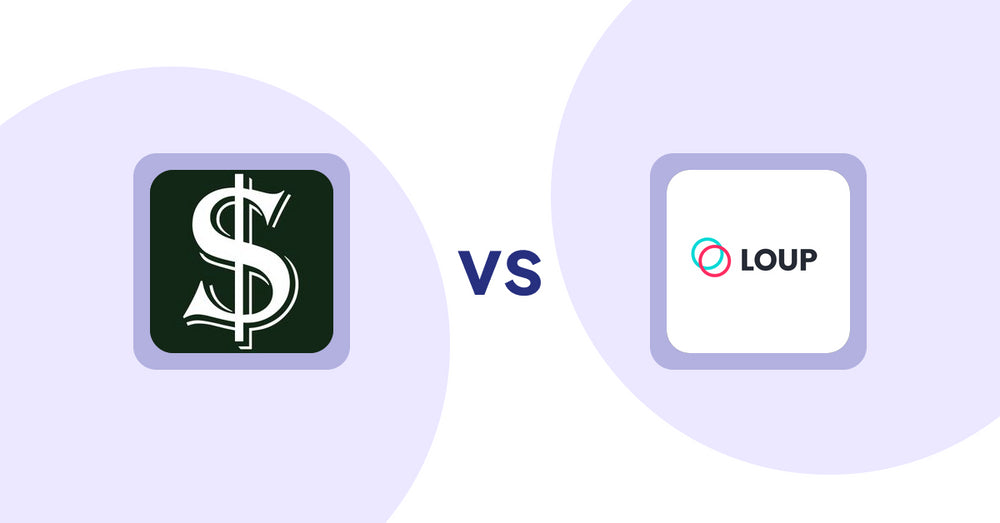
Shopify Product Display Apps: Selling Fast vs. Loup: Sell on Instagram

Shopify Product Display Apps: Selling Fast vs. Findify Search & Merchandise

Shopify Product Display Apps: Selling Fast vs. Aiuta
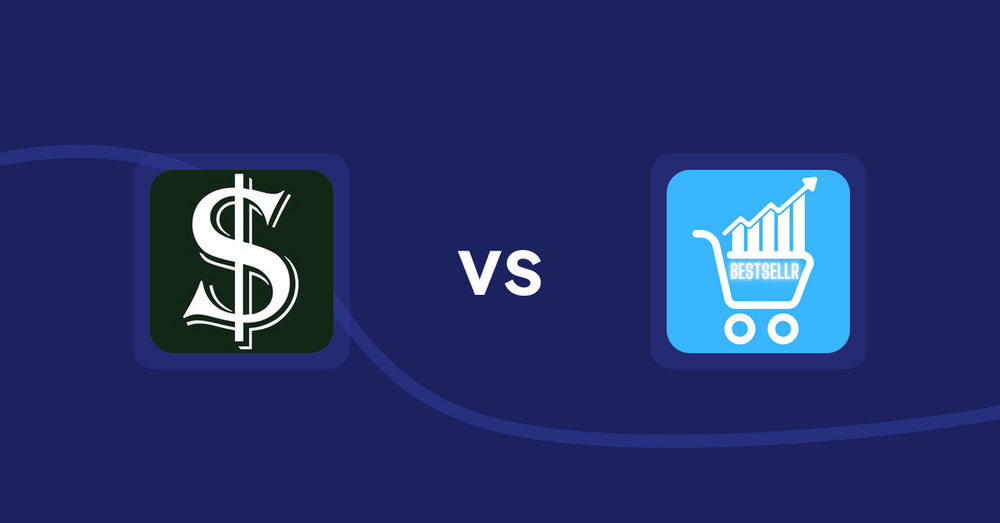
Shopify Product Display Apps: Selling Fast vs Bestsellr

Shopify Product Display Apps: Selling Fast vs ProductTube
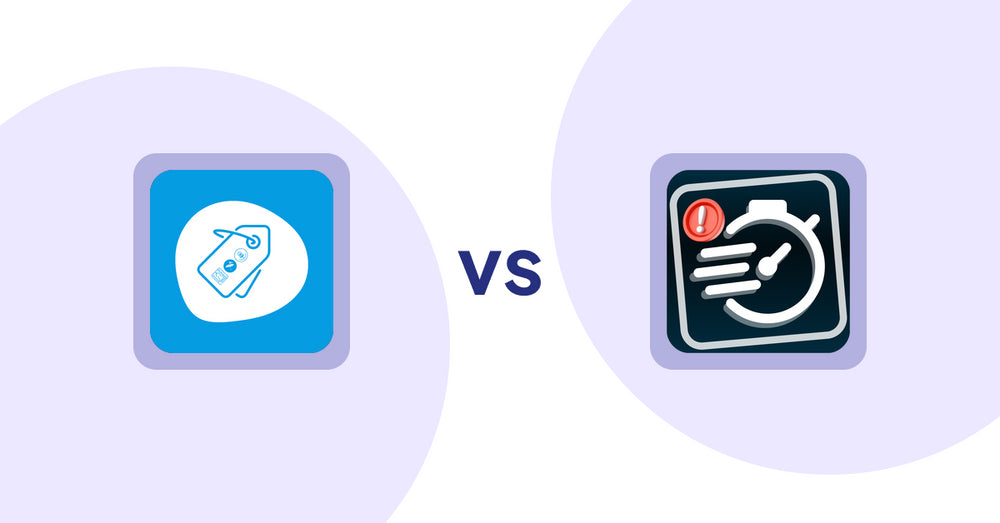
Shopify Product Display Apps: Extendons Product Tag Images vs Urgency! Low Stock Counter
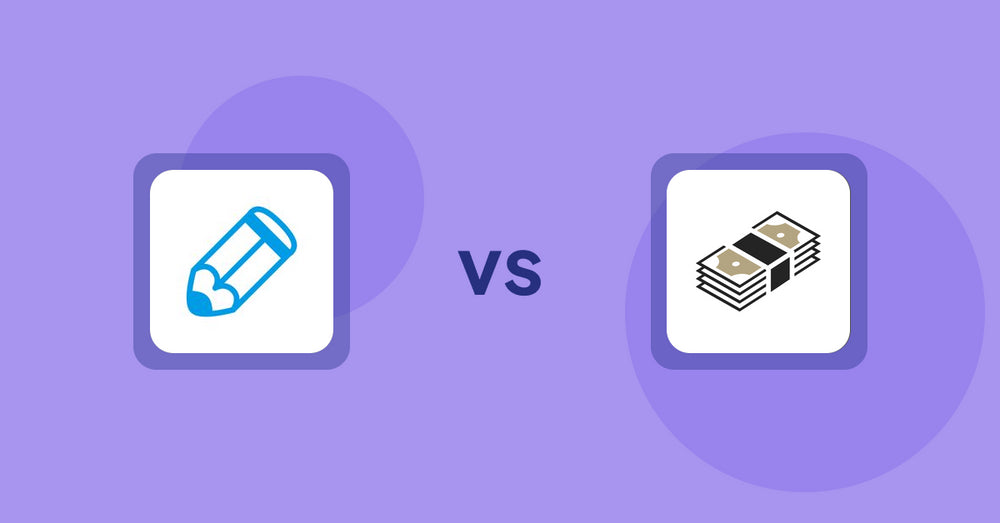
Shopify Product Display Apps: Writer Sofia vs シンプルクラウドファンディング|お手軽自社クラファン

Shopify Product Display Apps: Writer Sofia vs Wordsmith: Content Generator
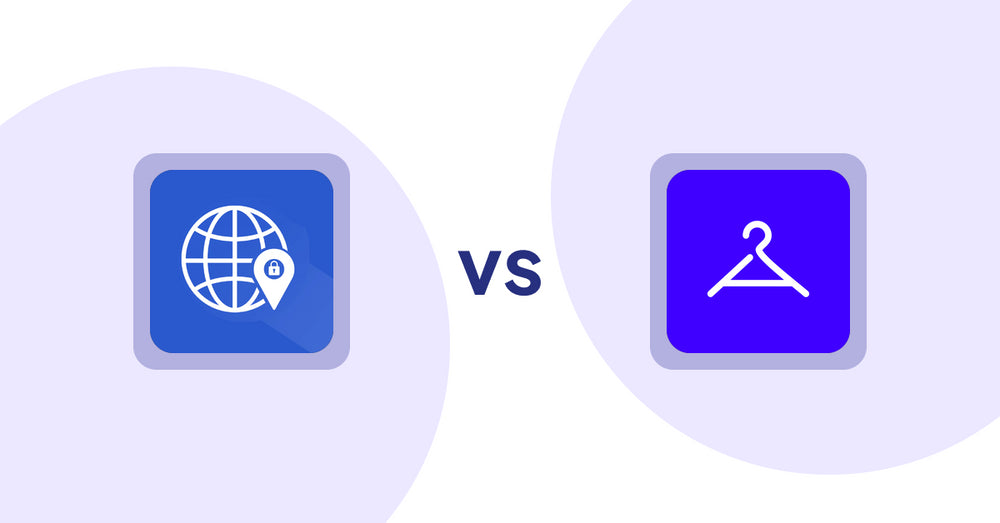
Shopify Product Display Apps: Addify ‑ Country Restrictions vs Aiuta

Shopify Product Display Apps: Spark AI Products Description vs iunfiy • Related Products
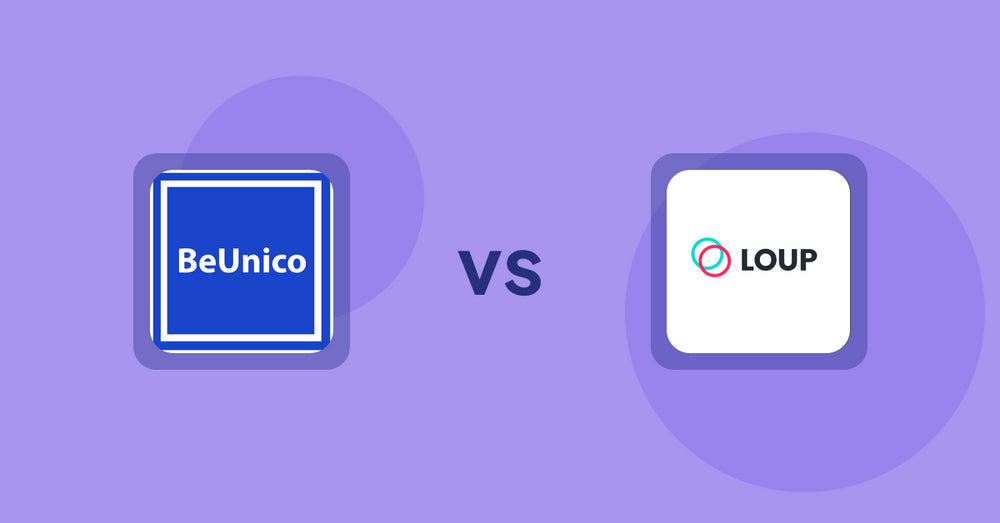
Shopify Product Display Apps: BeUnico vs Loup: Sell on Instagram
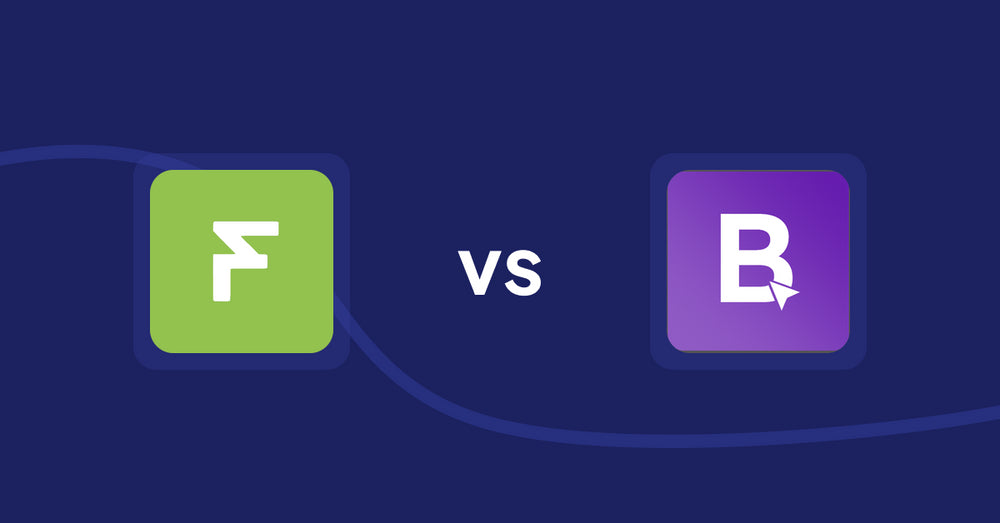
Shopify Product Display Apps: Easy Estimate Shipping vs BookE ‑Rent Property & Service
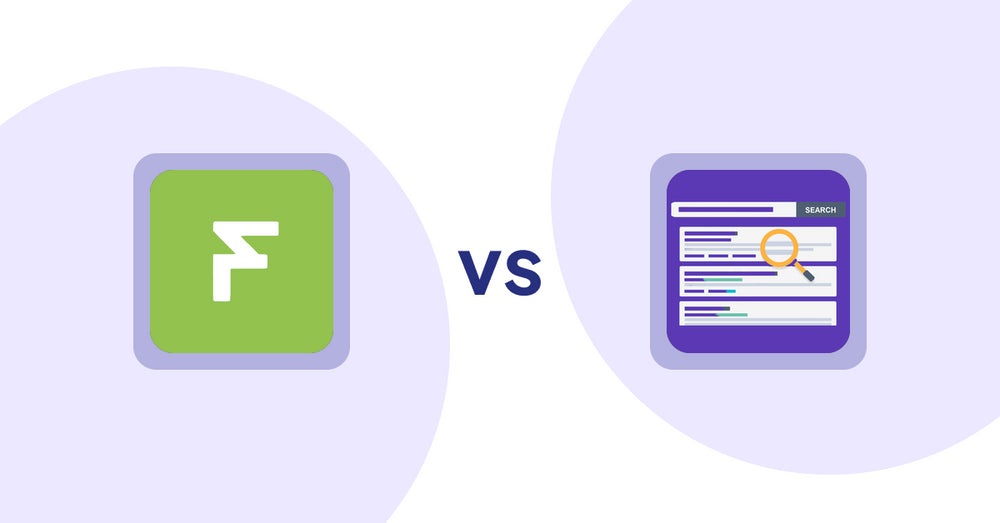
Shopify Product Display Apps: Easy Estimate Shipping vs. Spark AI Products Description
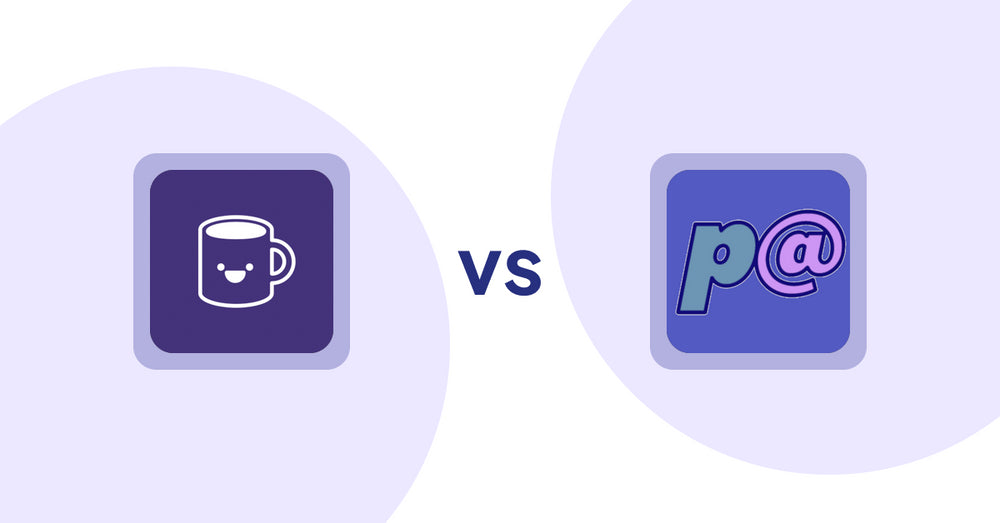
Shopify Product Display Apps: Mugshot Bot vs Parameterizer
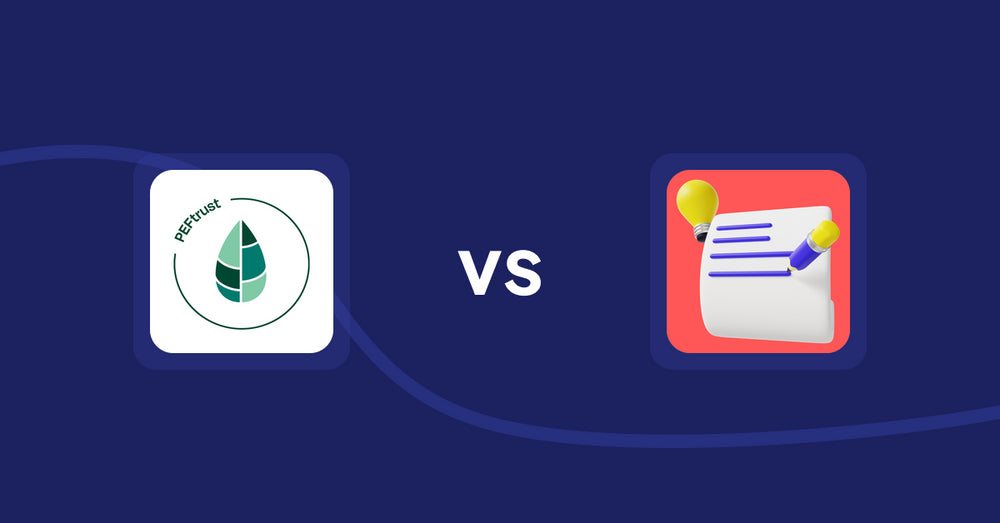
Shopify Product Display Apps: Peftrust vs. Wordo ‑ ChatGPT AI Description

Shopify Product Display Apps: Quick Product Navigator Slide vs Reelify ‑ Shoppable Reel Video
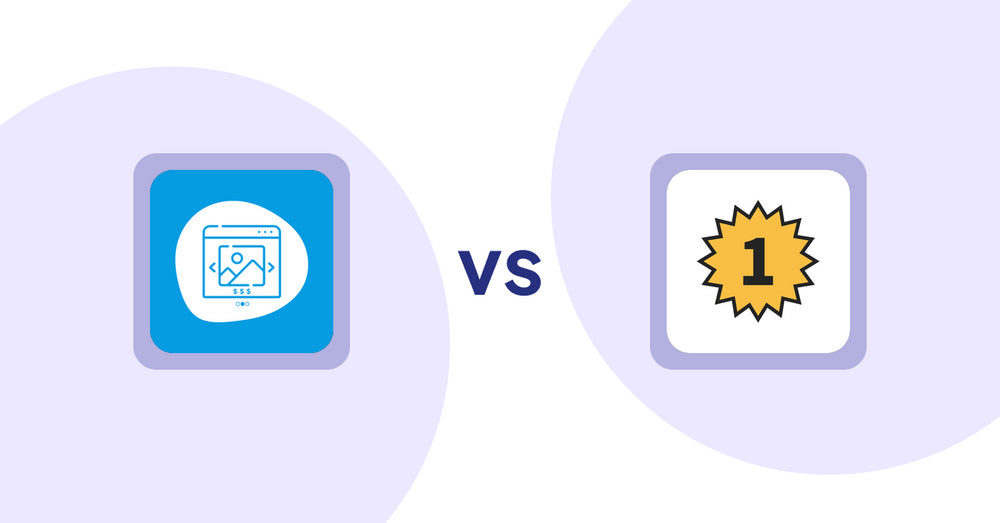
Shopify Product Display Apps: Quick Product Navigator Slide vs. UR: Smart Ranking
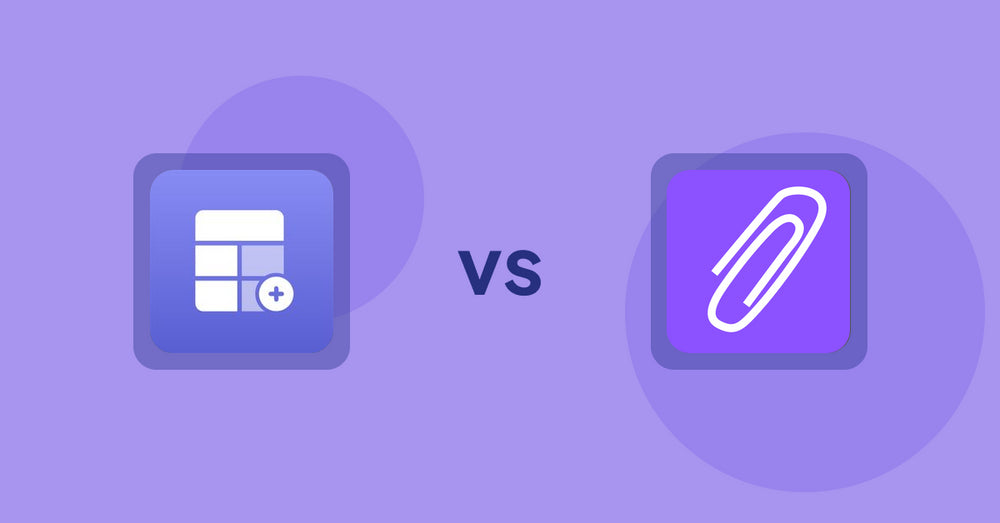
Shopify Product Display Apps: Eazy Specification Tags Table vs Agile Attachments
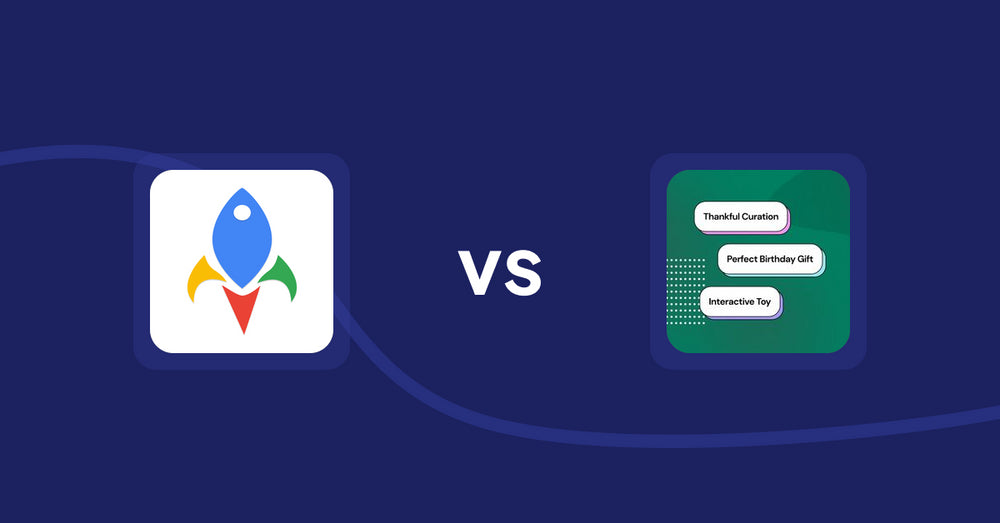
Shopify Product Display Apps: Jedi Back In Stock Admin Alert vs FeatureFrame ‑ Pretty Product

Shopify Product Display Apps: Jedi Back In Stock Admin Alert vs. Findify Search & Merchandise
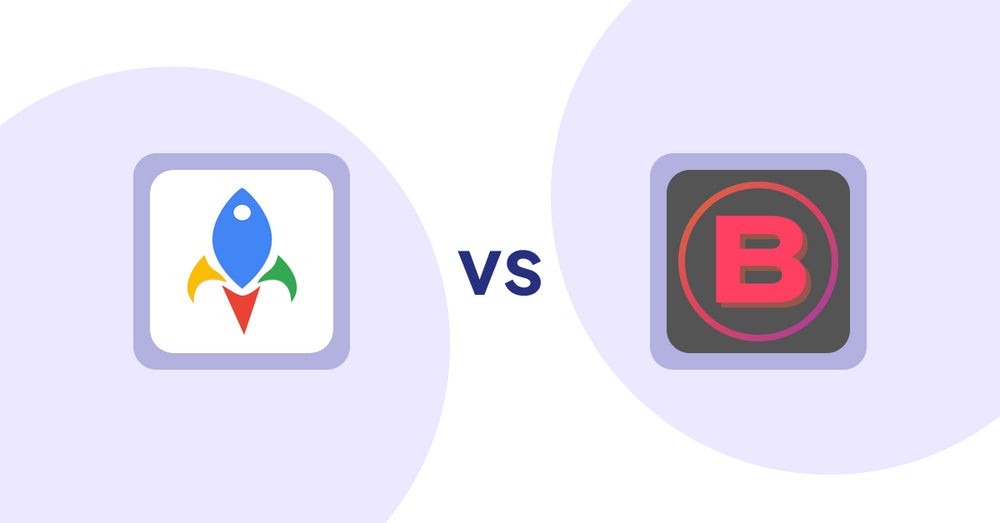
Shopify Product Display Apps: Jedi Back In Stock Admin Alert vs Banter Stories
